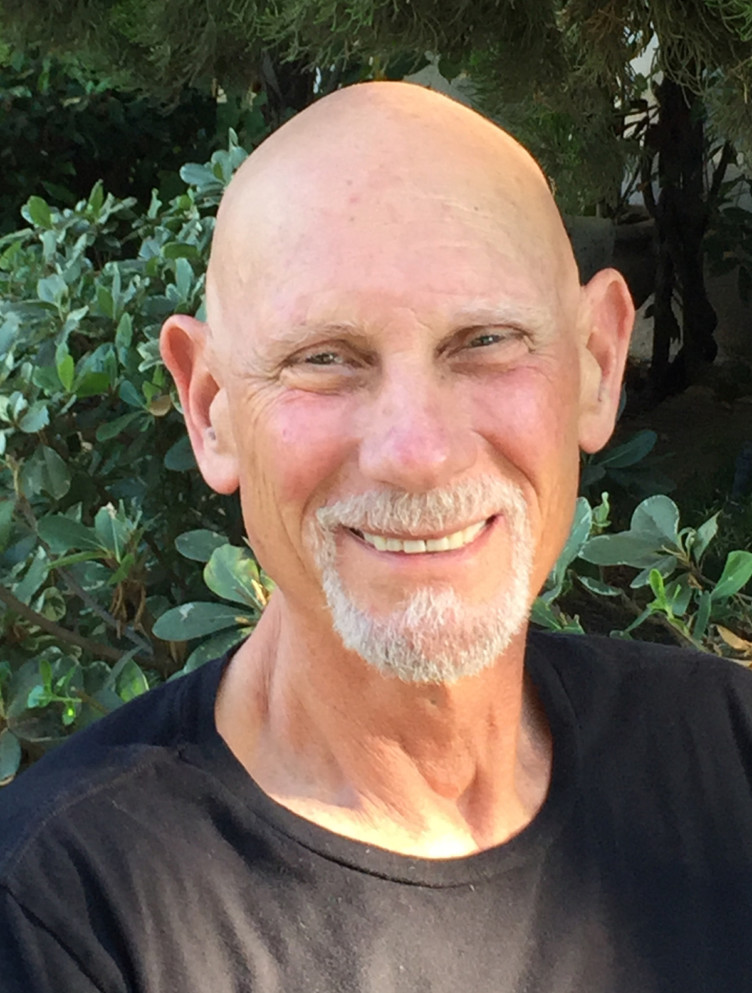In 1999 Genpo Roshi created the Big Mind Process™, also known as Big Mind/Big Heart, which philosopher Ken Wilber has called “arguably the most important and original discovery in the last two centuries of Buddhism.” Behavioural Scientist and Hypnotist Paul McKenna calls Genpo “a genius.” Roshi explores new insights and skilful means to transmit the essence of Zen, which is waking up to our essential nature free from all dogma, suddenly and immediately. He sees zazen, koans and Big Mind as three complementary practices for achieving the Way, along with other traditional forms of Zen Buddhism such as prayer, chanting, and devotional practices, all beautiful expressions of the teachings for waking up and living with profound wisdom and compassion. His meditation ‘Big Mind’ gives you quick access to the most amazing inner peace.
Here is my interview with him. Enjoy!
How did you get to where you are today?
Genpo Roshi: Back in February of 1971, I found myself in a bad situation, and I just kept thinking how could I have screwed up so badly? The usual thing was to blame others, but I couldn’t do that this time. I was having trouble in my relationship, and I needed to have some space and time to think. I left my career as a schoolteacher and lifeguard and lived alone in a rustic cabin deep in the mountains near San Luis Obispo. All I did was chop wood and carry water. I spent four to five hours a day in meditation. In March of 1972, I met Zen Master Taizan Maezumi Roshi and subsequently moved to Los Angeles to study carefully with him. In 1980, a year after completing formal koan study, I became Maezumi Roshi’s second Dharma heir.
“When connecting becomes a central theme in our lives then disconnecting becomes very difficult.”
SS: What is the Big Mind Process?
The “Big Mind Process” is a technique that merges Western psychological techniques with Buddhist conceptions of self and mind. The process works with your own mind, with your states of consciousness.
In your opinion why are people finding it hard to balance work and life?
We are so interconnected now, and we have so many tools for communication. Yet there are so many problems with the connection. All these tools are created to make life easier, and again I find people seem so tired now. I think the reason is that people can’t disconnect. They are mentally attached all the time, and it’s exhausting. When connecting becomes a central theme in our lives, then dividing becomes very difficult. Abraham Maslow did a study in the 1970s and noticed that the one feature self-actualized people had in common is that they spent an hour a day doing their own form of meditation. That could be listening to music, walking, whatever… but they were alone. The fact they disconnected for an hour every day allowed them just to be.
You talk about communicating with more compassion and more empathy, how can we practice that in the workplace?
This is where the Big Mind comes in. One of the hardest things is to stop playing the “blame game.” If you are having a problem with someone higher or lower in your company, make sure that you are communicating with compassion and empathy. We forget to focus on the listener. Put yourself in their head.
Could you share the best piece of advice you were ever given?
Surrender your ego. When you work as a team, think of the bigger picture and don’t be so centred on yourself. Play as one, not against each other. The other great piece of advice I got was: if you can’t let go, let be.
What’s the next challenge for us?
I have to say it’s about living in a world where we are available all the time, hyper-connected and always on call. It is a universal problem. I believe that we are more stressed than ever before. I think to manage this stress, and it is essential to set boundaries. I understand this is not easy, but I think it could be a lifesaver. We have to find time for ourselves, a fixed time every day, no matter what. It has to become a routine, a ritual that works for you.
What’s next for you?
GR: I will be offering three paths for those who wish to study with me. I have spent the past three years in self-reflection, deepening my practice and working on acknowledging my own shadows and deeply rooted patterns. I intend to devote the remainder of my life to integrating the Zen Tradition and Big Mind and the challenges of continuing, endless practice with those who would like to share them. The Path of the Big Heart Zen Lineage: The Big Mind Zen Secular Path: The Path of Personal Exploration and Growth:
“When we put the blame out there we lose the key to unlock what’s stuck.”
For more information please visit www.bigmind.org/contact


